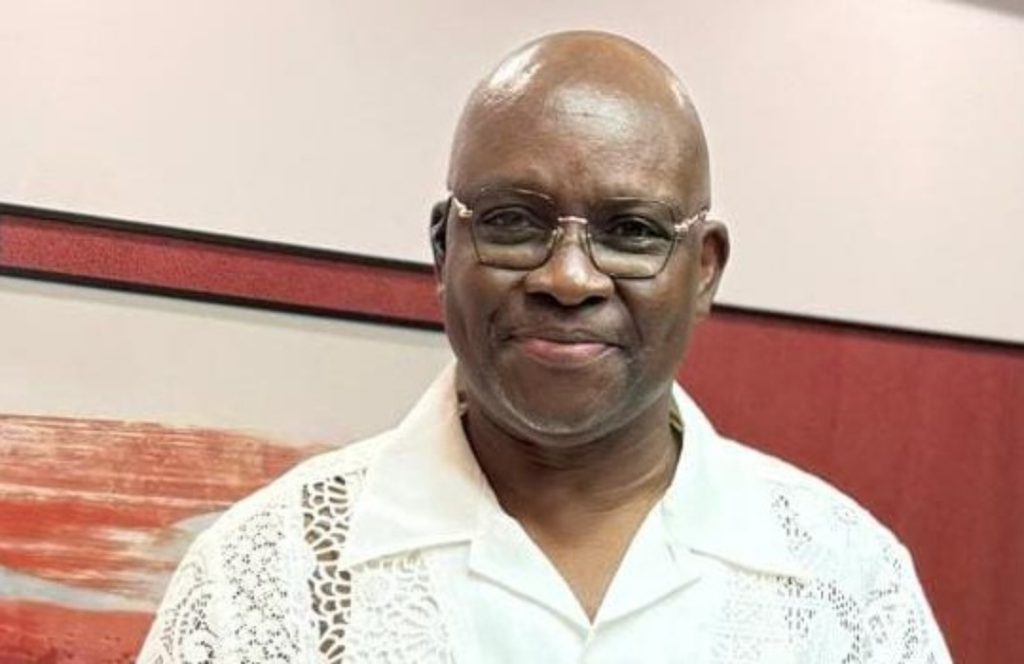Nigeria’s Former Minister of Communications, Adebayo Shittu, Criticizes President Bola Tinubu’s Cabinet Shake-up
Adebayo Shittu, a former Minister of Communications in Nigeria, has expressed disappointment over President Bola Tinubu’s recent cabinet overhaul, stating that the changes were more politically driven than focused on bringing in superior minds. Shittu made his comments on Channels Television’s Politics Today program, a day after President Tinubu sacked five ministers, reassigned 10 others, and made seven fresh nominations, which are awaiting Senate confirmation.
While President Tinubu’s cabinet shake-up was seen by many as a necessary step in addressing Nigeria’s wobbling economy, skyrocketing inflation, and worsening security situation, Shittu believes it was merely a political move to appease disgruntled citizens. “If you look at the changes we had yesterday, I doubt whether it is necessarily bringing in superior minds or better minds, in terms of governance, in terms of expectations, in terms of performance,” Shittu said.
The former minister further emphasized that the changes were simply a case of shuffling personnel, with no guarantee that the new appointees would perform better than their predecessors. “As far as I am concerned, it is just a case of some Nigerians being asked to move on, some other Nigerians are being brought in, which does not necessarily mean that those who have been shoved aside are inferior to the new people being brought in,” he explained.
President Tinubu appointed 48 ministers in August 2023, just three months after his inauguration. Since then, one of his ministers, Betta Edu, was suspended in January 2024, while another, Simon Lalong, resigned to join the Senate. Despite the initial optimism, the President’s administration has faced intense criticism over the performance of his ministers in the past 15 months.
Shittu, who served as a minister under President Muhammadu Buhari’s administration, believes that the cabinet shake-up was a mere political ritual to appease disillusioned citizens. “More often than not, it is not everybody who is appointed as a minister that fits in,” he said. “You’ll agree with me that because of the Nigerian factor, a lot of decisions have political colorations than meritocracy in determining who becomes a minister.”
The former minister emphasized the need for thorough screening of ministerial nominees by the Senate, as Nigerians do not have the luxury of time for “trial-and-error” ministers. “I would rather prefer that people are taken through a screening process to know their suitability,” he said. Shittu cited the example of a civil engineer serving as a minister of works, which has had a positive impact on the assignment. In contrast, he pointed out that if a lawyer with no background in engineering were to be appointed to the works ministry, it would take a significant amount of time to learn, which Nigerians cannot afford in the current circumstances.
In conclusion, while President Tinubu’s cabinet shake-up may have been seen as a necessary step, Adebayo Shittu’s criticism highlights the need for a more merit-based approach to ministerial appointments, rather than mere political expediency. As Nigeria continues to navigate its economic, security, and social challenges, the country needs leaders who are equipped to address these issues effectively, rather than mere placeholders.



